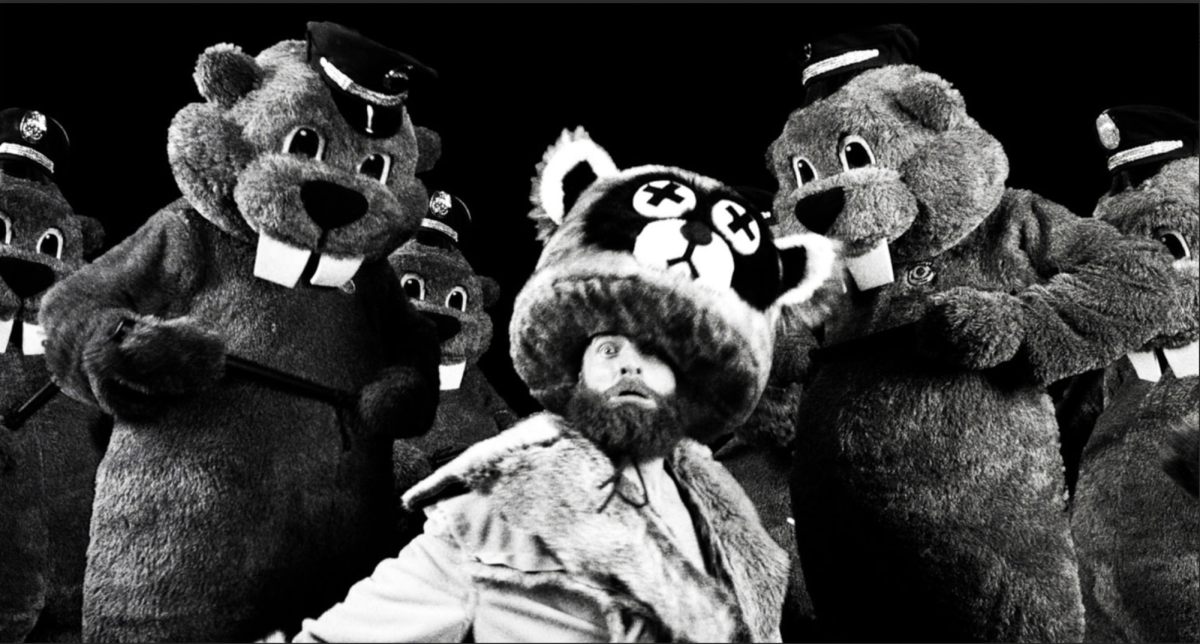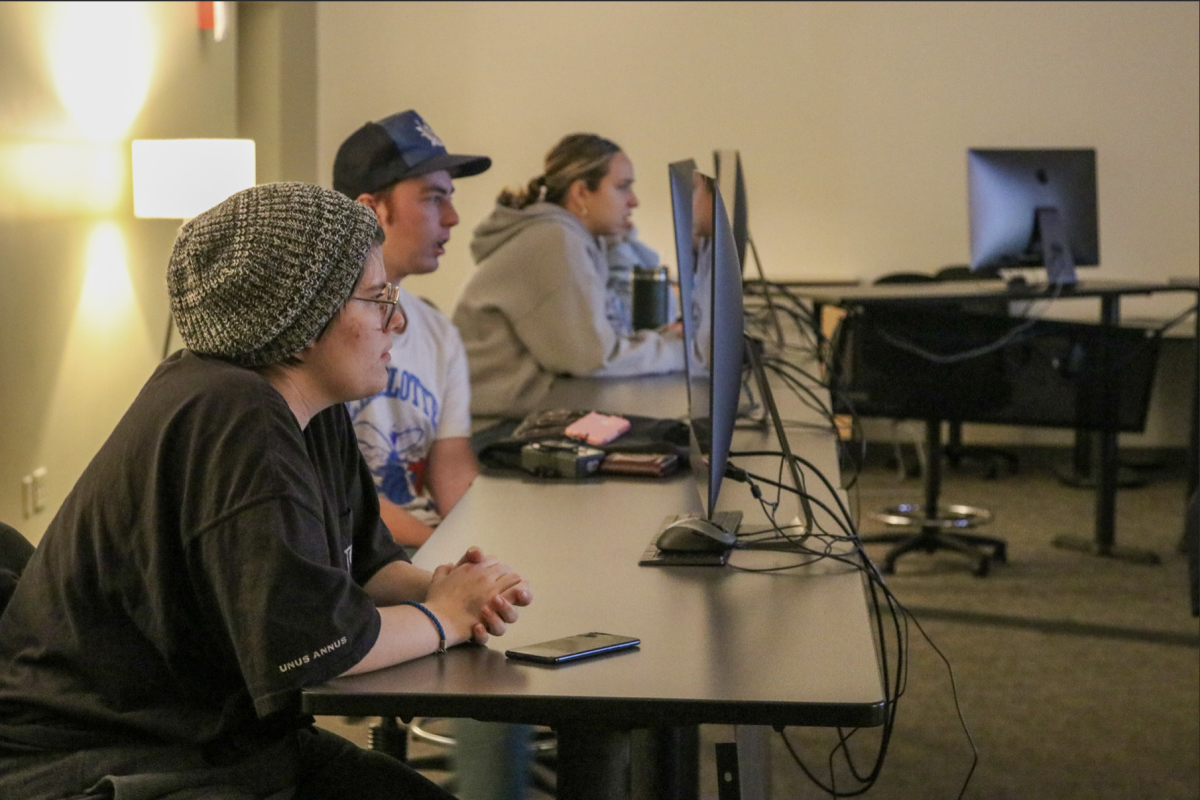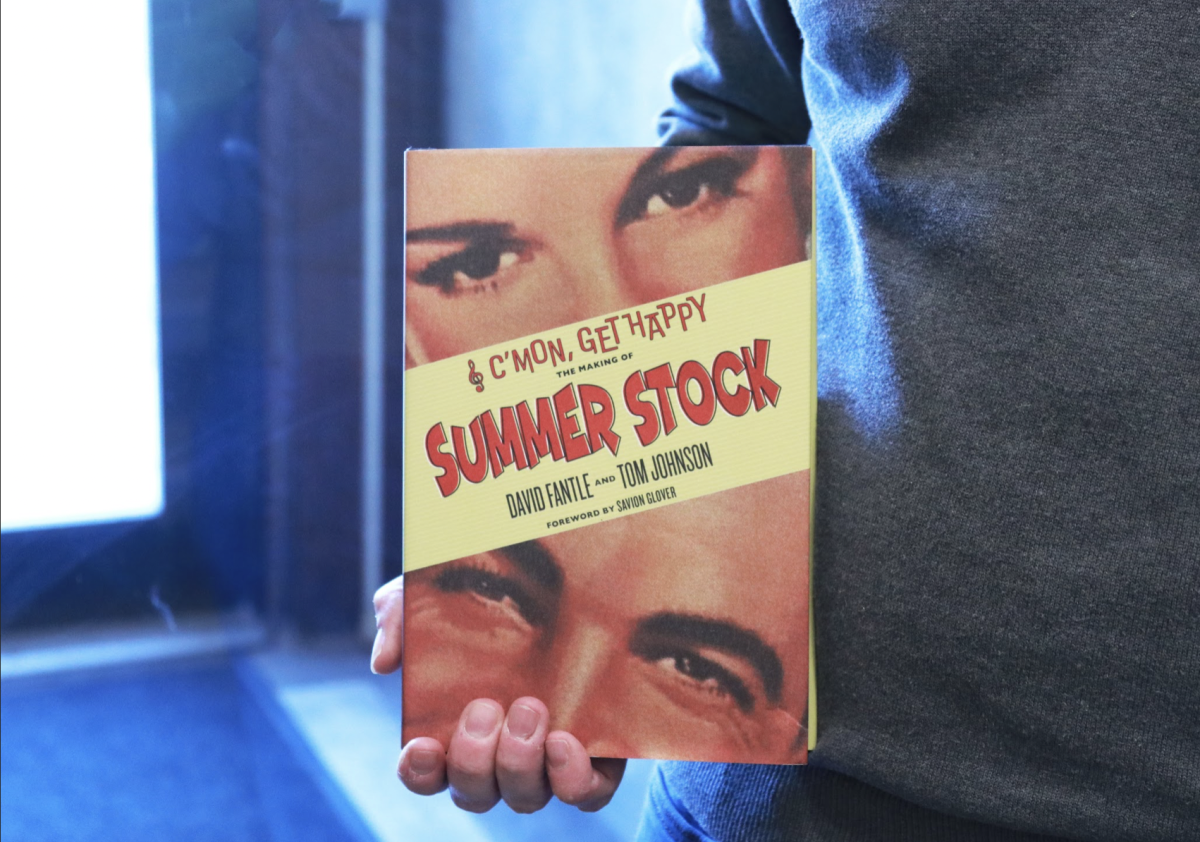 I’ve never seen an episode of “Veronica Mars.” I vaguely had interest in the cancelled high school detective drama, but I have many, many other television shows ahead of “Veronica Mars” on my mental Netflix Instant Watch list (“The Walking Dead,” “Breaking Bad” and “The Wire,” just to name a few).
I’ve never seen an episode of “Veronica Mars.” I vaguely had interest in the cancelled high school detective drama, but I have many, many other television shows ahead of “Veronica Mars” on my mental Netflix Instant Watch list (“The Walking Dead,” “Breaking Bad” and “The Wire,” just to name a few).
But what show did I hear more about than any other program on TV this past spring break? Whose name did I hear more than the new pope’s? You guessed it: Veronica Mars.
On March 13, “Veronica Mars” creator Rob Thomas went to Kickstarter and created a new project – called “The Veronica Mars Movie Project” – in hope of gathering enough money to make a big screen follow-up for his much beloved but little seen TV series.
For those who don’t know what Kickstarter is, it’s a public funding website for creative projects. People create a profile, describe the project they want to make (normally with a video) and set a monetary goal for their project. The creator then has a limited time – in the case of the “Veronica Mars” project, a month – to reach their funding goal; if they don’t, they don’t get the money. It’s all or nothing. But if they do, their project suddenly has the funding to make it possible.
Thomas’s Kickstarter caught the attention of several movie and entertainment blogs, and as of right now, it’s earned more than $3.5 million in donations (its goal was merely $2 million). Warner Bros. has given the film the official green light. So it’s a success, right? A great demonstration of fans supporting their favorite TV show when Hollywood wouldn’t?
Eh …
First of all, Thomas, star Kristen Bell and the rest of the crew aren’t out of the woods yet. Depending on the amount of money a person donated to the Kickstarter, there are tons of awards and essentially thank you gifts to send out across the nation. For instance, if you donated $25 or more, you get a limited edition Veronica Mars movie T-shirt. It seems innocent enough, but T-shirts don’t make themselves for free, and they certainly don’t ship themselves across the globe for free. By my count, Thomas and company have more than 48,000 T-shirts to make and ship.
For fans who donated $5,000 or more, they earn a rented theater in their hometown for 50 guests before – or, at worst, the opening week of – the film’s release. Once again, that’s not a cheap request. Now that the project is inching near doubling its original goal and has the backing of Warner Bros., it should have the money to make these prizes – and, most important, the film – a reality, but it could be close.
Money is always a worry for films. What makes me more unnerved is the underlying accomplishment. Warner Bros. just discovered a new way to fund its movies: its own viewers.
Since its origins, Kickstarter has been a crucial tool for independent producers and creators. For young documentarians, filmmakers or musicians who don’t live in big cities and don’t have big, glamorous connections, Kickstarter is the way to get their name and goals out there.
Warner Bros. is not a floundering company. Warner Bros. is a multi-million dollar company, and that’s probably selling it short. If it wanted to make a “Veronica Mars” movie, all it had to do was snap its fingers, and $2 million would be right there. Yes, the Kickstarter project showed that there was enough fan support to green light a movie, but fans just spent a lot of money to prove that they want to spend money again on a final product.
A final product, mind you, that is not guaranteed to be good. How upset will these fans be if they buy a ticket – yes, they have to buy a ticket to the movie they helped produce – and walk out unsatisfied? If I had to guess, very.
I don’t want to make “Veronica Mars” fans feel bad for donating to a cause that they obviously believe in. If you take the money out of the equation, it is a rather cool show of the power of fans. But I can’t help but fear what other projects film studios may try to wring out of their viewers under the guise of fandom.








PeterV • Mar 22, 2013 at 4:30 pm
You are incorrect, most of the reward tiers include a copy (either digital or physical) of the movie that will be made.